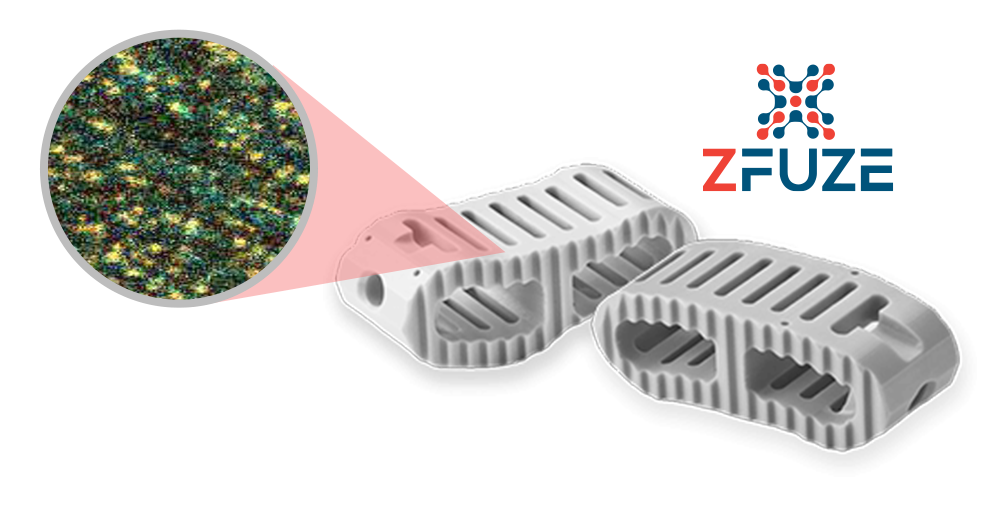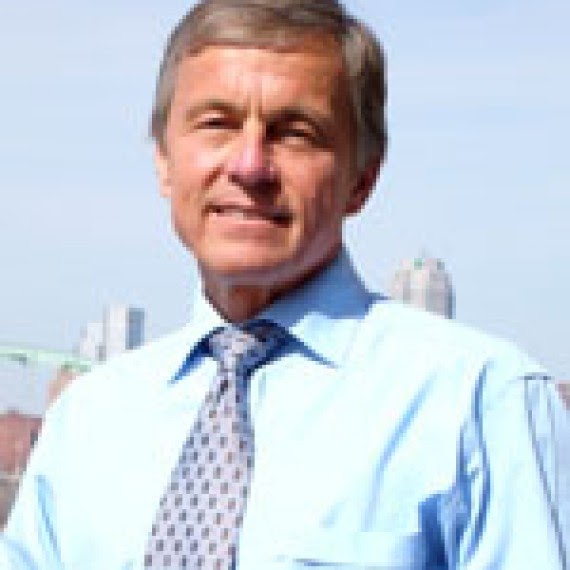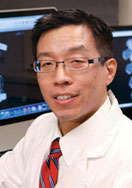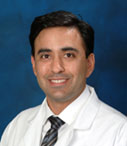
Negatively charged, hydrophilic ceramic Zeolite as shown under SEM
By definition, biomaterials are foreign bodies. Historically, their design has largely been based upon mechanical and physical properties, and bioinertness was a desirable characteristic. Today, as the adaptability of immune cells and the role that biomaterials play on immune-mediated tissue responses becomes better understood, there is a shift towards designing materials that can proactively modulate the immune system.
Located in Austin Texas, DiFusion was founded in 2009 and has been dedicated to engineering and bringing to market a suite of patented immunomodulatory, tissue regenerating and antimicrobial polymers. DiFusion has assembled a team of leading clinical and research experts on their scientific advisory board:

Deputy Director of the McGowan Institute for Regenerative Medicine at the University of Pittsburgh




DiFUSION Technologies, Inc. is located just north of the Heart of Texas in the great city of Austin.